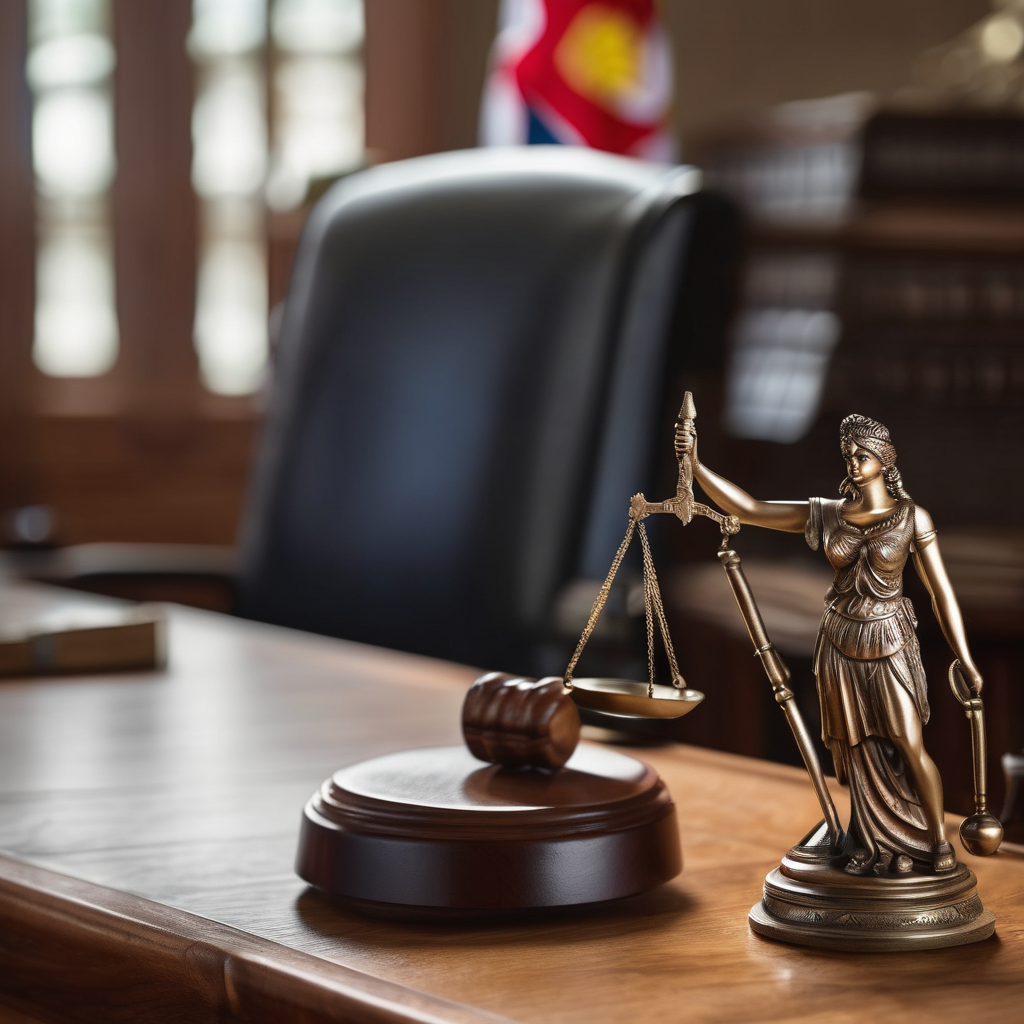Minister for Justice and Acting Attorney General Siromi Turaga recently testified at a tribunal examining allegations against Dr. Jalesi Nakarawa, the suspended Commissioner of the Fiji Corrections Service. Turaga characterized Dr. Nakarawa’s conduct as dictatorial, indicating that he exercised his powers in a manner that caused fear among correctional officers and led to numerous complaints.
The tribunal, composed of three members, is tasked with assessing whether the allegations against Dr. Nakarawa, including issues of personal interest, financial mismanagement, and abuse of authority, constitute misbehavior that warrants his removal from office. Turaga expressed disappointment, stating that Dr. Nakarawa had failed to meet the expectations of both the appointing body, the Constitutional Offices Commission, and himself as the recommending Minister.
A distinguishing part of Turaga’s testimony was the claim that Dr. Nakarawa made policy changes without consulting him, further complicating their working relationship. In a notable incident, Turaga arranged two meetings with the Commissioner, but Dr. Nakarawa cited illness as the reason for his absence and did not seek to reschedule, which Turaga interpreted as a sign of disrespect and a breakdown in communication.
The Minister shared concerning details about the leaking of confidential information on social media, which had created an atmosphere of mistrust within the organization. Additionally, Turaga revealed he was unaware of Dr. Nakarawa’s decision to create the position of Nurse Practitioner and appoint his wife to this role, which he described as a clear conflict of interest.
During cross-examination, Dr. Nakarawa’s lawyer raised questions regarding the constitutional powers of the Commissioner. Turaga countered that while section 130(8) of the Constitution grants the Commissioner autonomy, it also stipulates that matters regarding the employment of staff in the correctional service should include ministerial agreement, emphasizing the need for transparency in hiring practices.
As the inquiry progresses, the tribunal is expected to continue gathering evidence and examining the circumstances surrounding the allegations against Dr. Nakarawa. This inquiry represents a critical moment for governance within Fiji’s corrections system, with implications that may lead to reforms aimed at enhancing accountability and restoring trust in public institutions. Amid the challenges, there is hope that the outcome will pave the way for positive changes, reinforcing the need for accountability and integrity in Fiji’s public service.
